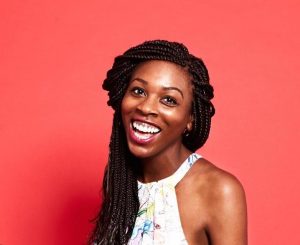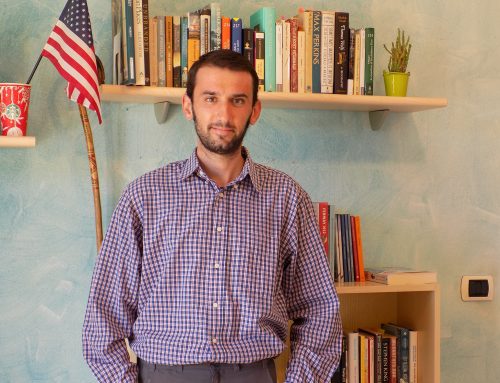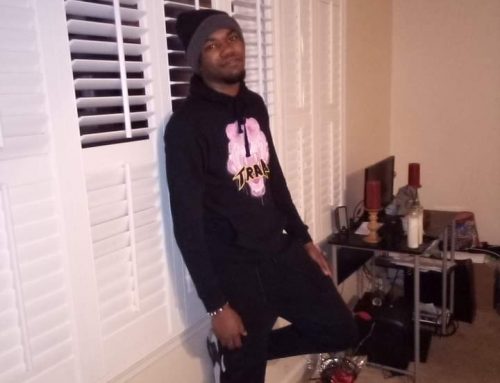Looking back, it’s hard to identify the exact moment when I realized that my thoughts and feelings weren’t normal. Didn’t everyone feel paralyzed with anxiety for no apparent reason or feel the vacant despair of depression for weeks at a time?
Like all good journeys, my mental health journey started off with a bang. My teenage mind was on overload. I lashed out at my family and had a crying fit on the R train platform. My voice quivered as I asked my English teacher for an extension on my project although I could not quite articulate why. I couldn’t cope anymore. With college just around the corner, I felt the earth shifting beneath me. Self-worth seemed to be slipping through my fingers. One sleepless night, I drank tea and let the meaningless jabber of late night T.V. wash over me. My mother found me curled up on the couch, my eyes wide despite my mental weariness. She sat down next to me and we talked about what I could do to heal.
Together, we sat in the psychiatrist’s office waiting for my turn. For the first time, I truly understood stigma. I looked to my left, looked to my right, observed the faces of my fellow patients who were also suffering from poor mental health in some form. They did not look like monsters, but I held onto the belief that I wasn’t like them, I was different.
First of all, I knew that Black people don’t do therapy. We don’t do psychiatrist or pills or “crazy.” We swallow it down. My family is from the Caribbean. They are immigrants in this country. They know that life is hard, and that pain is not remarkable, but something to be expected and buried deep. So what right did I have to be so weak when generations before me had no choice but to endure?
Maybe that’s why I rejected my diagnosis of depression and chose only to claim anxiety, a condition as undeniable as my bitten fingers. For a few years after my diagnosis, I babied my anxiety. I had come to know it so intimately that I thought of anxiety as a part of me, an asset even. Wasn’t it anxiety that demanded I type up pages and pages of history notes late into the night? Was it not anxiety that made me an hour early for every appointment and whose looming threat of worthlessness and failure made me fight for perfection?
It wasn’t until college that I understood the full extent of my depression. In Gambier, Ohio, miles away from my family and stuck on a predominately white campus with enough black people to count on my fingers, I was more lost than ever. I was tired of writing long, distraught e-mails to my counselor between appointments. I was experiencing gendered and racially charged bullying on campus and living a shell of a life. I would take the back roads to my classes and try to get anything portable from the dining hall to bring back to my single room to eat alone. One night, I stumbled back to my dorm room drunk and gulped down as many chalky sleeping pills as I could, hoping to never wake up again. I finally decided that I could not hold onto the pain anymore.
My room felt like the only safe space on campus, so I made it into my sanctuary. I put together a meditation nook, and for the first time, I earnestly tried to choose my thoughts and feelings. I began to listen to myself, sick of being controlled by a negative inner monologue that constantly questioned my worth. I began to journal seriously, starting each entry with “Dear self” and eventually filling up at least five notebooks. I knew that if I didn’t do something with the overwhelming pain that had taken over my sense of self, depression would cost me more than my degree, it would cost me my life.
Although those days were some of my darkest, I’ll always remember that time for the light that I forced myself to see. For the first time, I was fighting for myself, not for good grades or to impress my teachers or parents. I realized that I had to be my own champion. I started actively seeking healing in books, therapy, spirituality, exercise, anything that could keep my neck above the tide of depression. I learned that my fight against mental illness was a daily fight and a daily choice. I choose positivity. I choose self-love. I choose to value myself every single day.
Spoken Black Girl represents a new chapter in my mental health journey. All of that journal writing paid off. Now I write about mental illness so that others can heal along with me. I write for every Black girl who was told that Black people “don’t do therapy”, and wonders how much pain one mind can bear. I’m here to let her know that she is not alone.
 Rowana Abbensetts is a writer from Brooklyn, New york and the founder of Spokenblackgirl.com, an online space dedicated to mental wellness and inspiration for Black women.
Rowana Abbensetts is a writer from Brooklyn, New york and the founder of Spokenblackgirl.com, an online space dedicated to mental wellness and inspiration for Black women.





Leave A Comment